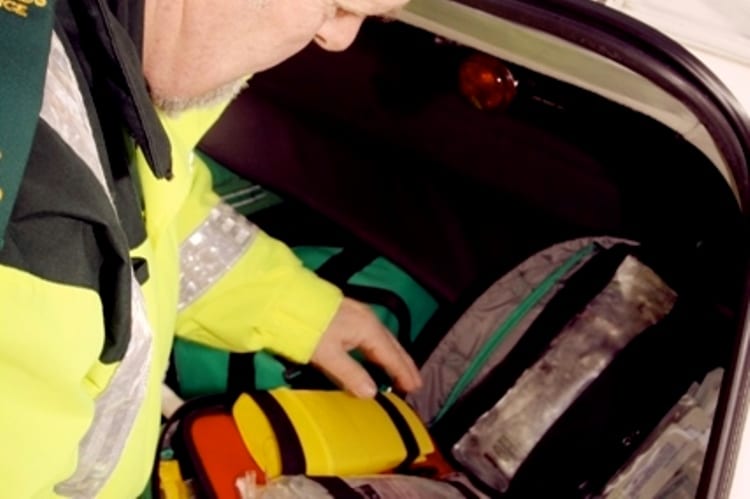Comparing national multimorbidity policies and guidelines

People living with a long-term condition often have more than one condition to contend with. This is known as ‘multimorbidity’, commonly defined as the co-occurrence of two or more chronic conditions within one person. In this situation it is important Continue reading Comparing national multimorbidity policies and guidelines


